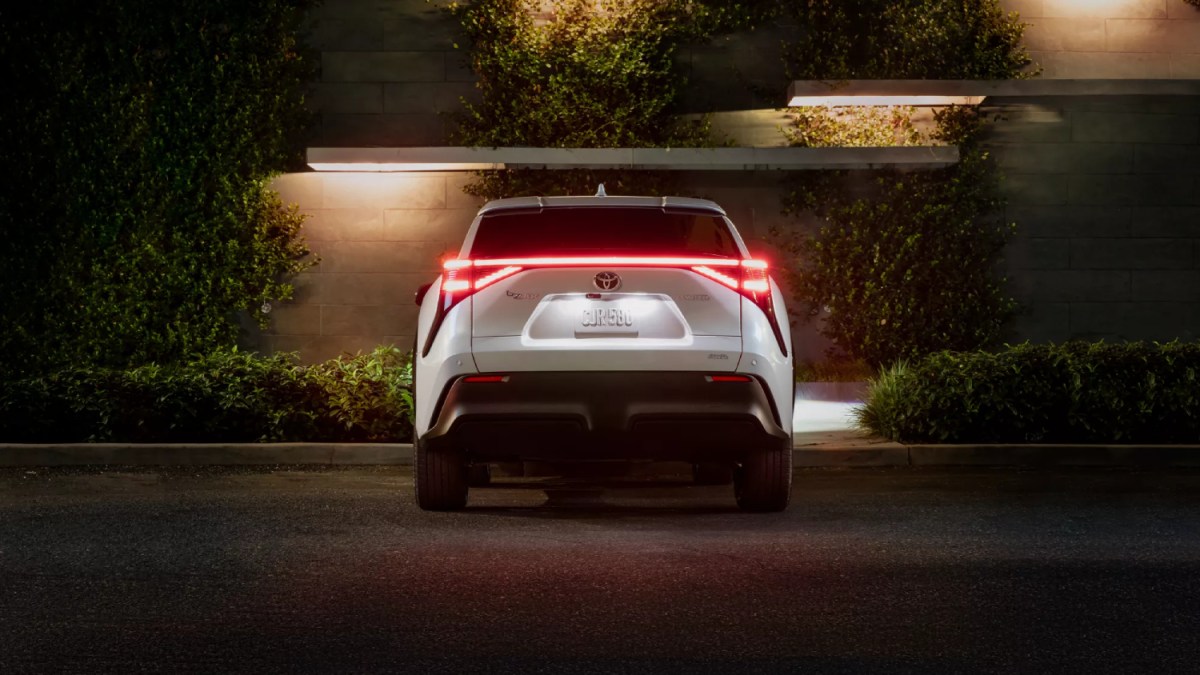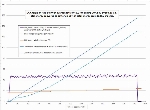Out of Spec Reviews just did a 0-100% DC fast charge test on the new Toyota bZ4x AWD. Took 4.4 hours to get to 99%. He had gave up before it actually hit 100%. No route-planning on board, no battery preconditioning, no plug-and-charge. Yikes.
Battery capacity is 72.8 kWh but the charger only delivered 61 kWh, so Toyota built in massive “buffers” into the pack.
Peak rate was only 87.8kw.
For comparison, most new EVs will do 0-100% in 1 hour or less. Even the original Bolt will do it in about half the time.
Note: The FWD bZ4x has a different battery and allegedly charges faster.
Battery capacity is 72.8 kWh but the charger only delivered 61 kWh, so Toyota built in massive “buffers” into the pack.
Peak rate was only 87.8kw.
For comparison, most new EVs will do 0-100% in 1 hour or less. Even the original Bolt will do it in about half the time.
Note: The FWD bZ4x has a different battery and allegedly charges faster.
Last edited:








